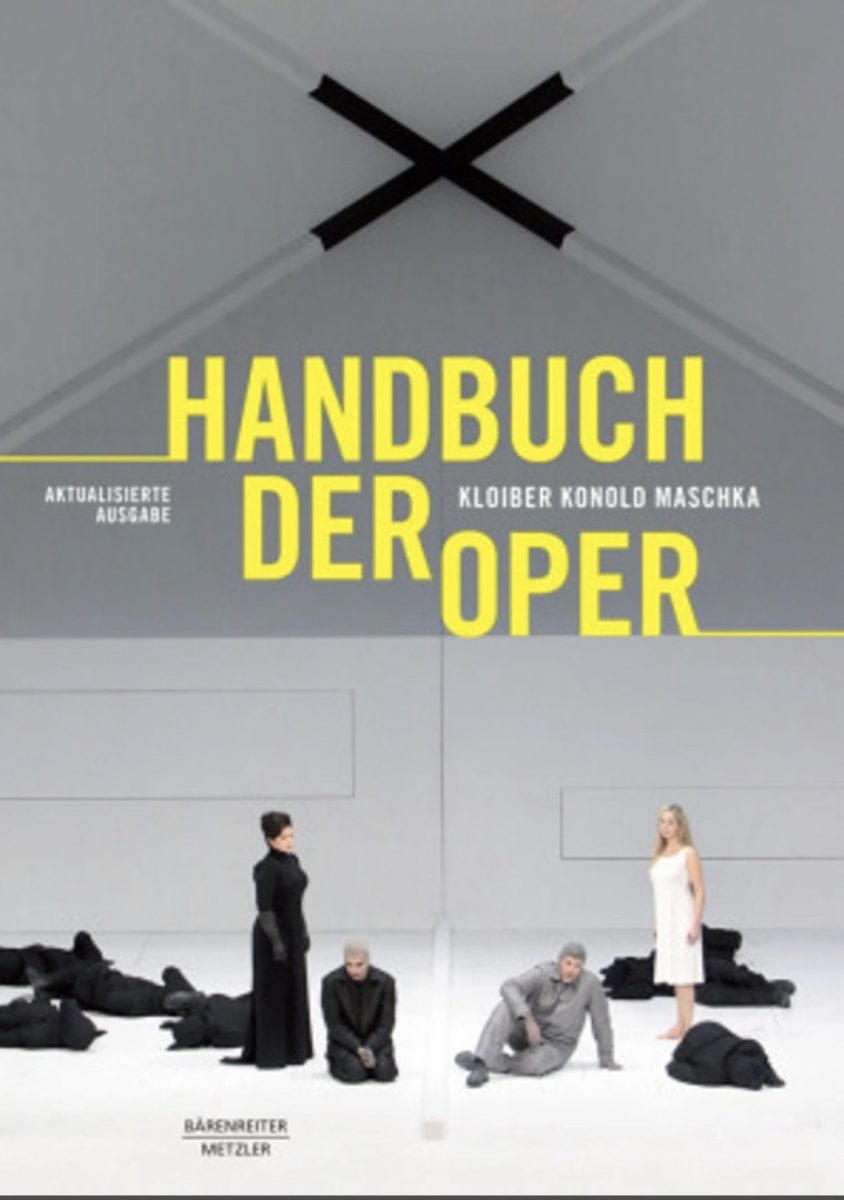SUMMER HOLIDAYS
They are here – the summer holidays!

The exhausting season is finally over, and you can relax. I am not writing this article for the freelancers who have to/can/want to hurry to the next festival right after the end of the season, but rather for those freelancers who don’t sing in festivals and for the ensemble members who have holidays like ordinary people.
With the beginning of the holidays, the evil questions already loom in your mind:
„How do I get back in shape afterwards?“
„What if the voice is completely gone after vacation?“
„How do I get back into singing?“
First, just keep your (singing) mouth shut for two to three weeks and think of something else– that’s the best thing to happen to your voice and mind!
Remember the anecdote in the interview with the smoking diva: the reporter: „But isn’t smoking dangerous for the voice?“ – the star: „My dear, singing is much more dangerous for the voice“. Unfortunately, I don’t remember who the lady was, but she was certainly right!
A good break is essential!
After the holidays
Get back into it slowly:
Warm up properly first, then start with shorter, easy pieces, like songs.
On the first day, sing for only half an hour and not the heavy Wagner/Verdi/Strauss from before the holidays, even if the temptation is great because, after the break, the high notes are usually rather effortless.
On the second day, 45 min; on the third day, one hour, then one and a half, and gradually your voice and body get going again.
Then you can/could benefit from the time when you can practise without running to the next rehearsal.
You have time to dedicate to technical questions:
Trills (whole tone and half tone trills): start with alternating tones, i.e. eighth notes, triplets, sixteenth notes, and then trill. A trill means fixing the larynx on a rather „firm“ breath contact. When it works, it’s a somewhat „freaky“ feeling. You have to try it until it works, just like you did as a child when practising the rolled Rrrrrrrr: keep trying; eventually, it will work.
Messa di voce: crescendo and decrescendo – remember: pianissimo needs more support than forte.
Chromatic scales: (if you have more than 12 notes in an octave, something is wrong 😉 Keep practising, divide into groups of 3, 4 or 6 and check on the piano: there are either three augmented thirds or four minor thirds or six whole notes). Don’t give up:)
Portamento: Sing a note in a healthy mezzo-forte, start a diminuendo and at the very end of the diminuendo, „carry“ your voice to a tone a fifth lower.
You have time to look for new roles and try them out.
The advantage of trying out in your free time: If you make yourself tired singing during the holidays, you can take a break and don’t have to go straight back to the next rehearsal. To find new repertoire, you can search for yourself or check singers‘ information who sang your Fach to see what was on their repertoire list when they were your age – websites, backs of CDs etc.
Some competitions give good repertoire lists where you can get ideas, like Belvedere, Neue Stimmen…
Also, the good old (and newly revised) Kloiber offers an extensive list of roles in the appendix – you don’t have to take the Fach specifications always 100% seriously, but the opera contracts don’t do that either anymore 🙂
In the meantime, this „piece of gold“ is also available as a pdf, at least at „Weltbild“ – good holiday reading!

And now: have a nice holiday!
– Do things you haven’t done yet
– Eat things you don’t know yet
– Speak a foreign language – if you can’t speak it well – you’ll always learn something.
Or do NOTHING, as long as you can stand it,
whatever you decide – have fun!
See you soon,
hedwig
YOU DON’T WANT TO MISS THE NEXT BLOG POST? CLICK HERE
